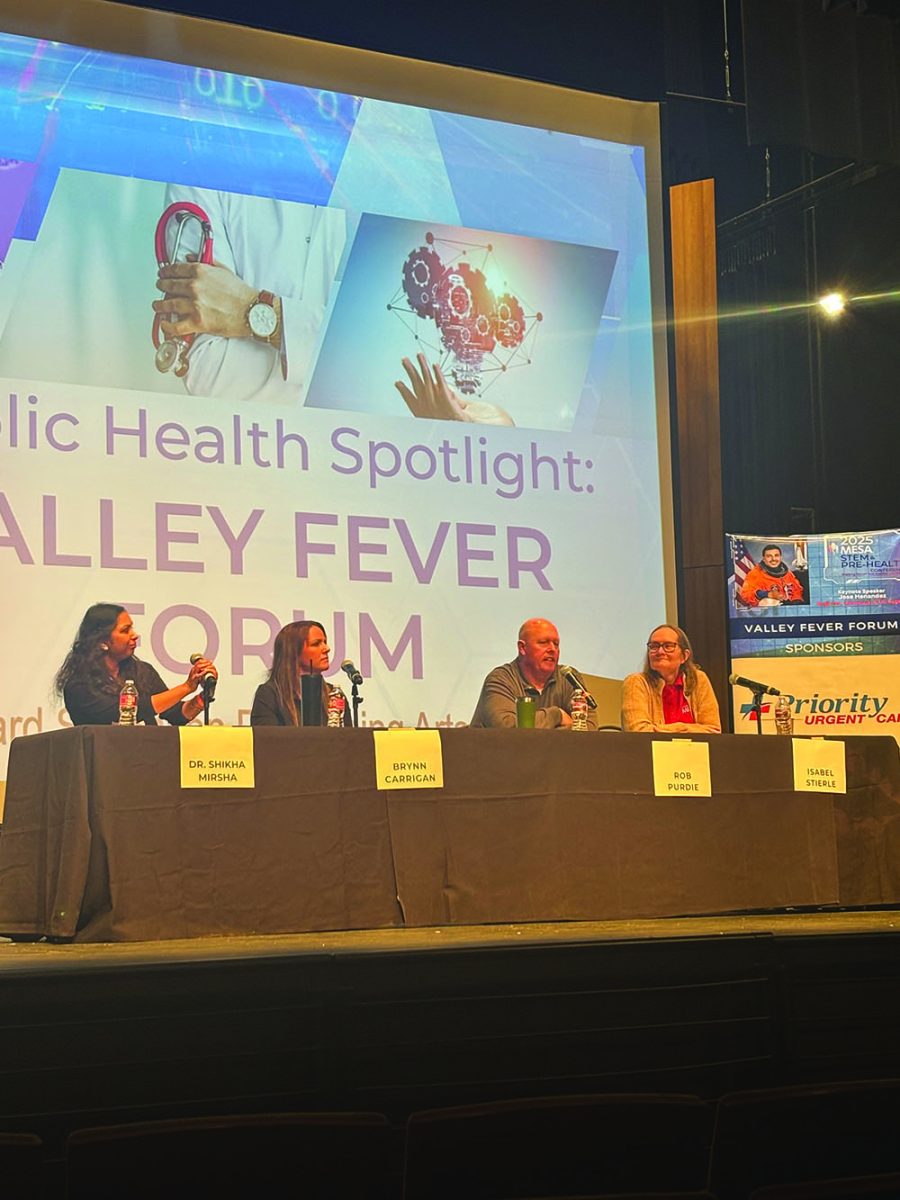Alisa Bierria, Philosophy & Racism
April 19, 2022
BC’s Levan Center for Humanities invited guest speaker Alisa Bierra to present her work “Missing In Action, Violence, Power, and Discerning Agency” discussing the topics of race, gender, culture, and intersectionality within the country. The meeting took place on March 30, at 6pm via Zoom Webinar.
Alisa Bierra is a gender studies professor at UCLA and co-founder of the national group “survived and punished” which advocates for the decriminalization of survivors of domestic and sexual violence crimes.
The talk began with speaking of her experience when covering the 2005 Hurricane Katrina disaster, when examining how the survivors were covered she noticed that black people were frequently shown committing crimes while whites were in a more innocent light.
She then explained that connections such as this are what creates the common link that people have between blacks and crime, a consequence of the routine and systematic criminalization of black people.
Stories such as this are what then fuels the imagination of others and causes them to imagine concepts that harm the social agency of others, Bierra cited incidents such as the shooting of Michael Brown to further explain.
Bierra then moved on to explain how this then extends to gender and domestic violence, using a 2010 case of a woman named Janice, who called police on suspect of a prowler around her home, but was miscommunicated as a domestic abuse case.
Upon police arrival, they questioned her, she could not provide a name for the suspect and then proceeded to chase, pepper spray, and cuff her to jail.
“Her intentions were not just displaced and distorted by the police. They reconstructed her to a particular kind of agent. An uncontrollable person. No matter what she ultimately chose to do” Bierra explained
Bierra used this as an example of her next point as to why victims should not be criminalized, as their punishment is what continues to fuel the confusion and injustice.
Finishing her presentation, she concluded with promoting the understanding of people’s agency, understanding them on a level beyond immediate intent and building social legitimacy.





